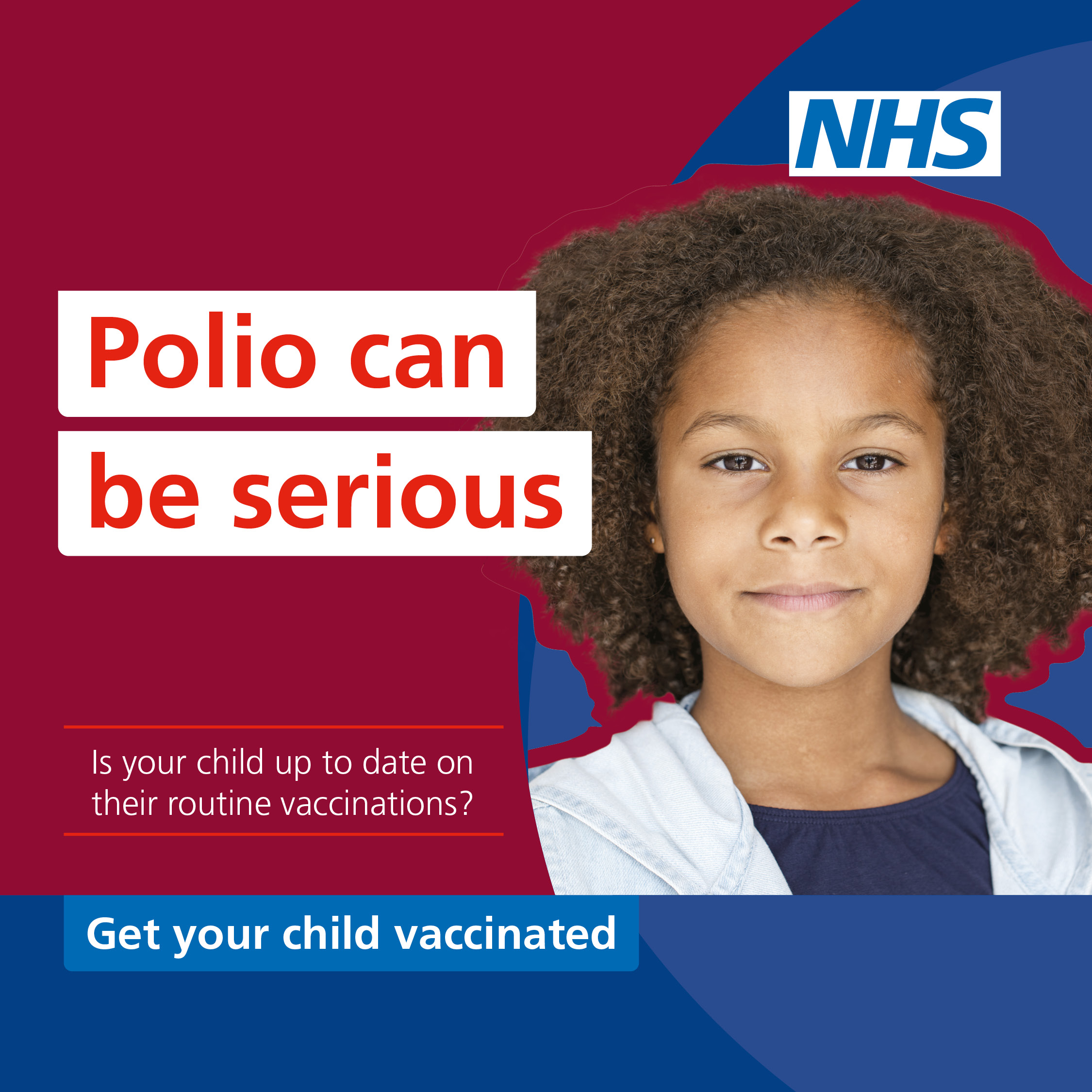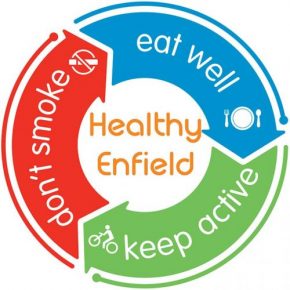Routine childhood immunisation
 Vaccines are routinely offered to every child in the UK for free on the NHS. If you’re not sure whether your child has had all their routine vaccinations, ask your GP or practice nurse to find out for you. Parents who are not registered with a doctor should contact their health visitor or school nurse for more information.
Vaccines are routinely offered to every child in the UK for free on the NHS. If you’re not sure whether your child has had all their routine vaccinations, ask your GP or practice nurse to find out for you. Parents who are not registered with a doctor should contact their health visitor or school nurse for more information.
Vaccines for children
The routine childhood immunisation schedule offered to all infants includes vaccinations against: diphtheria, pertussis, polio, tetanus, Haemophilus influenza type b, meningitis C, meningitis B, measles, mumps, rubella and pneumococcal infection.
Why are these immunisations so important? Principally because of the potentially serious consequences of developing these diseases and the fact that they are all very infections, so if one person gets the disease they are very likely to pass it on to others, and because unless we keep immunisation levels at a sufficiently high level they will become common again
It is important to make sure that your child has all of their routine vaccinations. Your child should have their jabs at the right age to protect them as early as possible and minimise the risk of infection.
Childhood vaccinations are offered free on the NHS to all children. The first injections are due when your baby is two months old. Find out here which vaccinations your child needs and when they need them using the NHS vaccination timetable.
Targeted immunisation programmes for children
Babies born to mothers found to be infected with hepatitis B need to be given a dose of the hepatitis B vaccine within 24 hours of their birth, followed by further doses at 1, 2 and 12 months old. All babies born to mothers infected with hepatitis B should be tested at 12 months old to check if they have become infected with the virus.
School flu vaccine programme
In the autumn/winter, the nasal spray flu vaccine will be available free on the NHS for eligible children, including:
- children aged 2 and 3
- all primary school children
- children aged 2 to 17 with long-term health conditions
The flu vaccine for children is given as a single dose of nasal spray squirted up each nostril. Not only is it needle-free (a big advantage for children), the nasal spray works even better than the injected flu vaccine.
Vaccines for teenagers
The human papillomavirus (HPV) vaccination, also known as cervical cancer vaccination, girls and boys aged 12 to 13 years are routinely offered the 1st HPV vaccination when they're in school Year 8. The 2nd dose is offered 6 to 24 months after the 1st dose.
The school leaver’s booster (to protect against polio) is delivered as a single vaccination to year 10 boys and girls.
Young teenagers, sixth formers and fresher students going to university for the first time are advised to have a vaccination to prevent meningitis. The Men ACWY vaccine is given by a single injection and protects against four different causes of meningitis and septicaemia - meningococcal (Men) A, C, W and Y diseases.
School leavers and other young adults need to be fully vaccinated against mumps before they start college. Teenagers and adults in their early 20s are at higher risk of mumps. See further details on the mumps vaccine for teenagers.
Catch-up campaign
The initiative to vaccinate children in London against polio and ensure they receive important immunisations is entering its second phase, aiming to provide protection against serious illnesses for as many children as possible. Parents and caregivers of children aged one to 11 who have not received their vaccinations on schedule will be offered the opportunity to vaccinate their children against polio, measles, mumps, and rubella (MMR) through primary schools and community venues. They can also contact their GP surgery at any time to bring their children up to date with their vaccinations.
Last year, traces of the polio virus were detected in sewage samples in northeast London. In August 2022, the World Health Organisation (WHO) confirmed that the UK had a circulating form of polio that can, in rare cases, cause serious illness, such as paralysis, in individuals who are not fully vaccinated. As there is no cure for polio, vaccination remains the only form of protection.
The threat of measles is also increasing, as recent data from the UK Health Security Agency (UKHSA) revealed a rise in measles cases in London. From January 1 to April 20, 2023 alone, there were 33 confirmed cases. This new phase of the vaccination campaign focuses on the most vulnerable children—those who are either unvaccinated or have missed their routine vaccinations—for both polio and MMR vaccinations. The program is primarily being implemented through schools by the School Age Immunisation Service (SAIS) providers, who have a successful track record in vaccinating large numbers of children and reaching those in underserved communities.
For more information, visit NHS - London polio and MMR vaccination.
The school aged immunisation service
The Enfield School Aged Immunisation Service is responsible for administering immunisations to children in the Enfield borough. This service collaborates with primary and secondary schools, including Special Educational Needs and Disability (SEND) schools, Looked after Children (LAC), Pupil Referral Units (PRU), private schools, and home-educated students. In cases where students are absent or miss their immunisation at school, catch-up clinics are organised during weekends and school holidays.
The service provides flu immunisations to all primary school students and certain secondary school students, as well as all pupils up to the age of 18 attending SEND schools. In Year 8, all students are offered the HPV immunisation, and they have the opportunity to catch up on missed MMR immunisation from childhood. In Year 9, all students are offered the immunisation (the 5th booster dose of Diphtheria, Tetanus, and Polio) and Meningitis ACWY immunizations.
If you are a young person who is educated at home or elsewhere, please contact our service to arrange for your immunisation to be conducted in a clinic setting.
Visit Enfield school age immunisation service to learn more.
